Some people believe that eating the skin helps us absorb more vitamins and fiber. However, others are concerned about dirt or pesticides that may remain on the skin.
In fact, peeling fruits and vegetables before eating depends on many factors such as the type of fruit, how it is grown, and the health status of each person.
Some fruits can be eaten with the skin after washing. However, with fruits that have thick and hard skins, or fruits that often contain a lot of pesticides, peeling is necessary, according to the health website Health news .
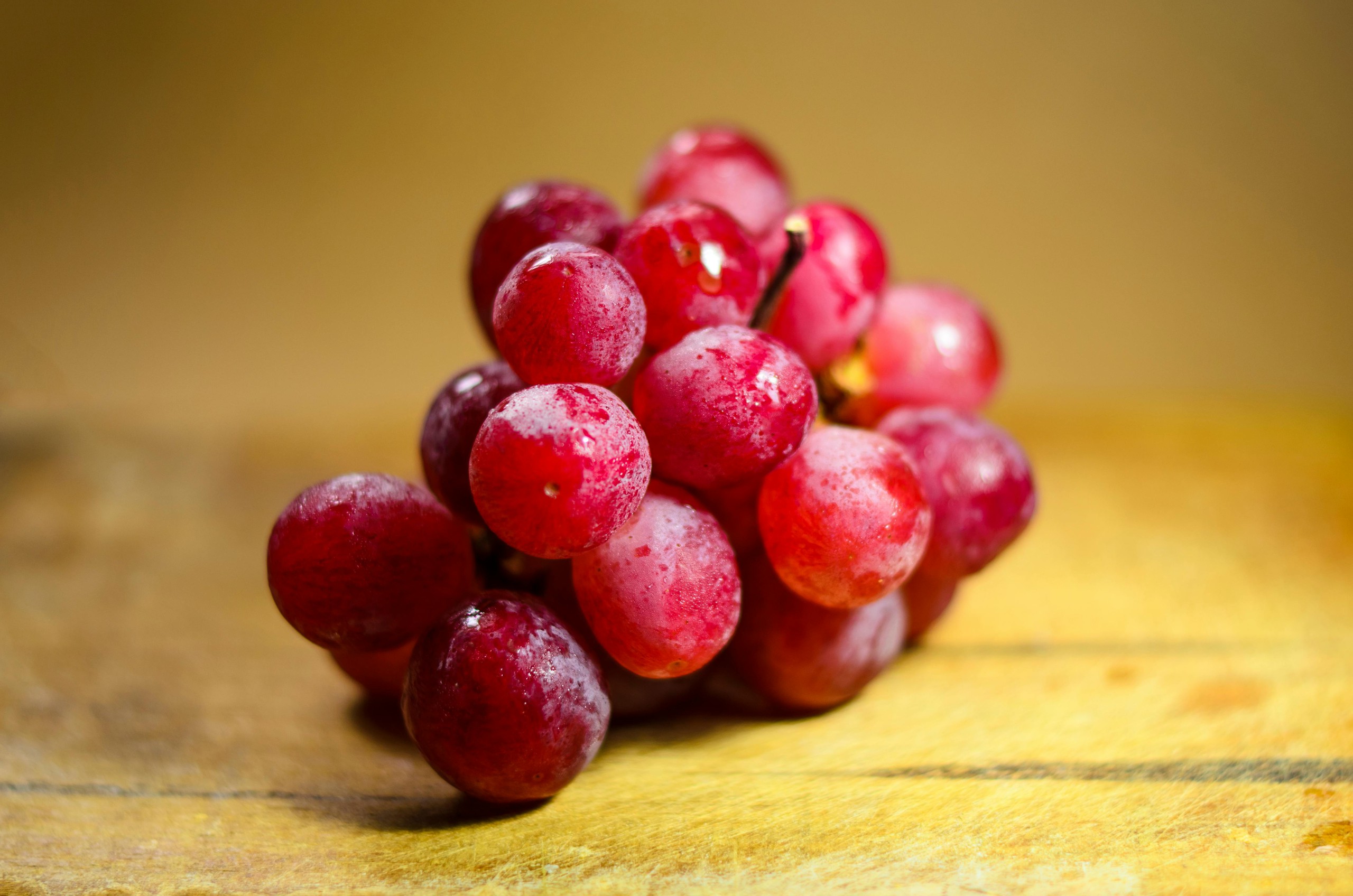
Grape skins contain 15% higher concentrations of phenolic compounds than the flesh.
Nutrition in fruit and vegetable peels
According to research, the seeds and peels of fruits and vegetables are rich in essential nutrients and bioactive compounds.
The skins of some fruits, such as grapes, contain up to 15% higher concentrations of phenolic compounds than the flesh. These plant compounds have antioxidant, anti-inflammatory, and antibacterial effects in the body.
The total phenolic content of the skins of pears, peaches, and apples was twice that of the peeled fruit. And the fiber content of apple skins was higher than that of the flesh.
According to a report from the University of Kentucky (USA), a raw apple with skin contains up to 332% more vitamin K, 142% more vitamin A and 115% more vitamin C than a peeled apple.
A boiled potato with skin contains up to 175% more vitamin C, 115% more potassium and 111% more folate than a potato without skin.
However, not everyone can eat fruit and vegetable peels. Some people may be allergic to certain peels, especially those with Pollen-Food Allergy Syndrome (PFAS).
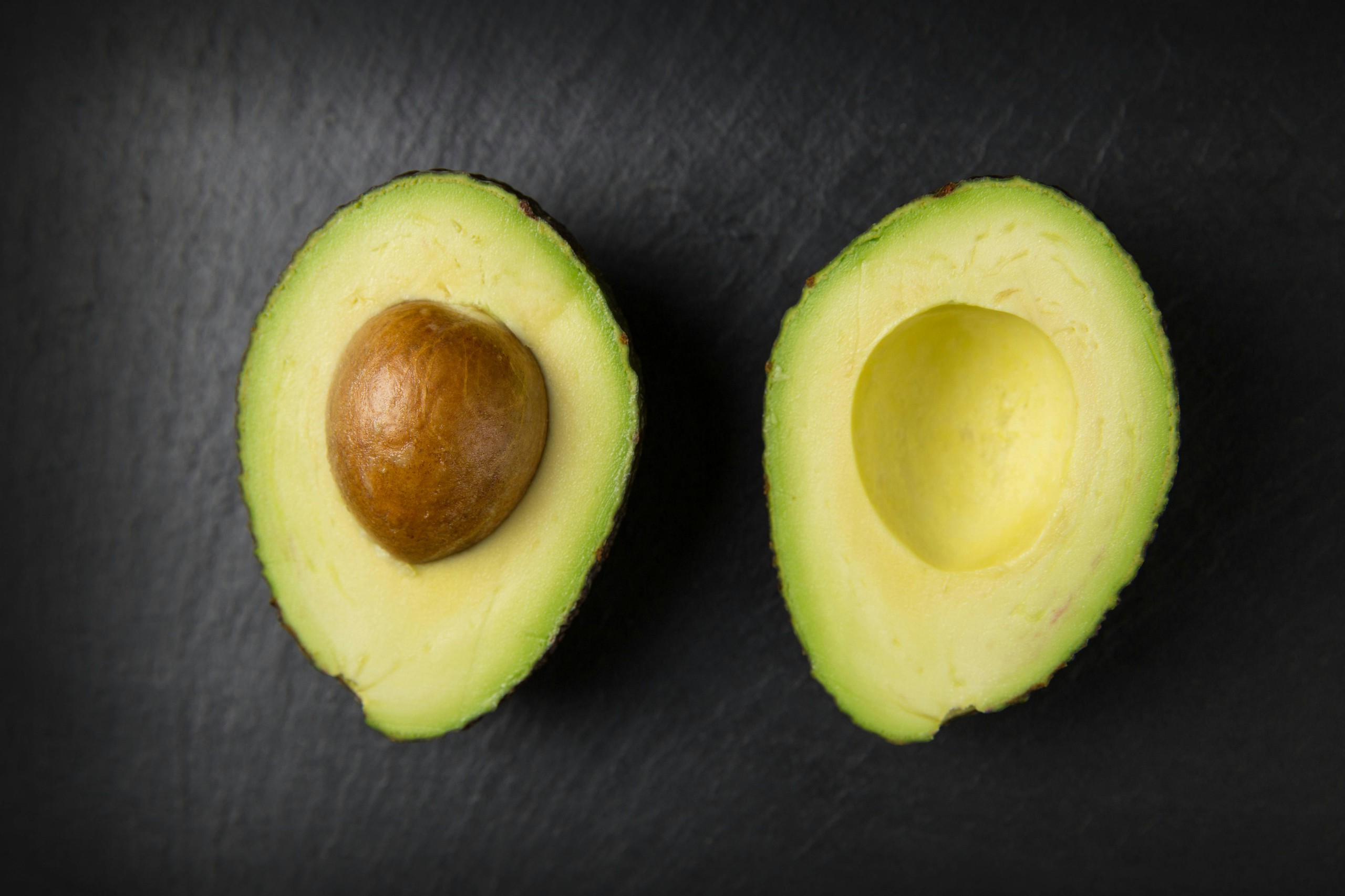
Some fruits should be peeled because they are inedible or difficult to digest, such as pineapple, papaya, and avocado.
Pesticide residues in agricultural products
Many people worry about eating fruits and vegetables with their skins on because they are afraid of pesticide residues. In fact, fruit skins often contain more pesticides than the flesh inside, so peeling is an effective way to remove most of these pesticides.
However, eating large amounts of fruits and vegetables with pesticide residues can be harmful to your health. Eating a few fruits a day is usually not a concern.
Instead, you can consume organic produce. These fruits and vegetables are usually free of synthetic chemicals.
The U.S. Food and Drug Administration (FDA) recommends that you wash all fruits, including organic fruits, before eating them. This helps reduce the risk of foodborne illness.
Fruits and vegetables that can be eaten with the skin on
Many fruits and vegetables can be eaten with the skin without harm to health, such as berries, grapes, pears, peaches, plums, apricots, apples, cucumbers, kiwis, eggplants and potatoes.
On the contrary, you should peel some produce because they are inedible or difficult to digest, such as pineapple, papaya, mango, lychee, banana, avocado, watermelon, garlic and onions.
Source: https://thanhnien.vn/an-trai-cay-rau-cu-chua-got-vo-co-tot-cho-suc-khoe-185241010151621929.htm









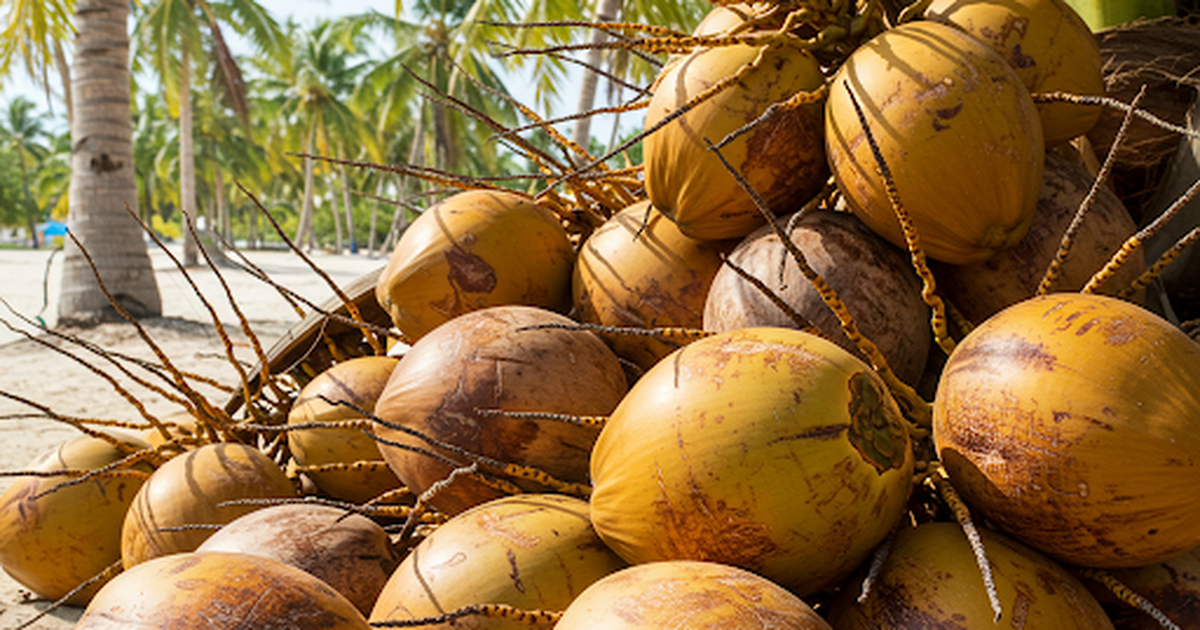
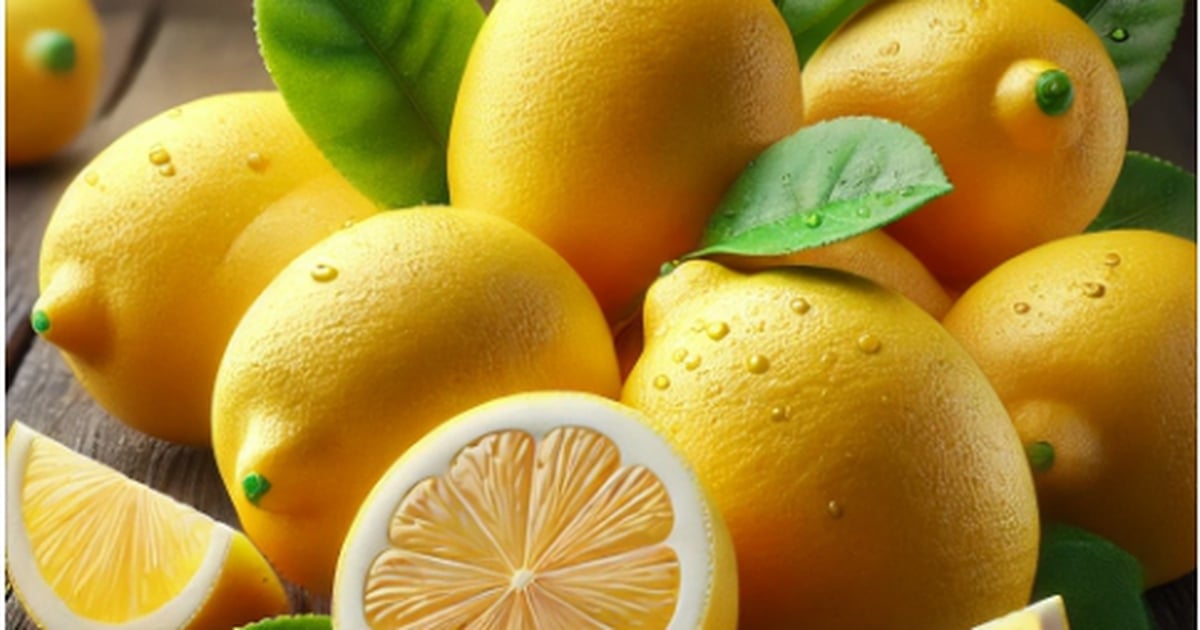
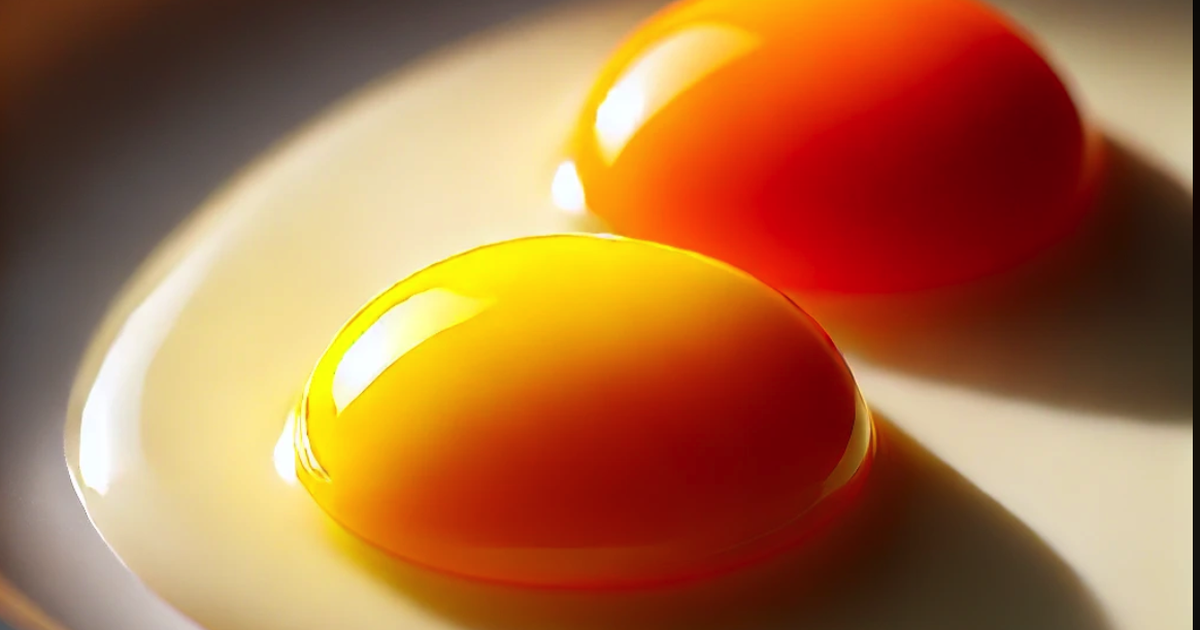


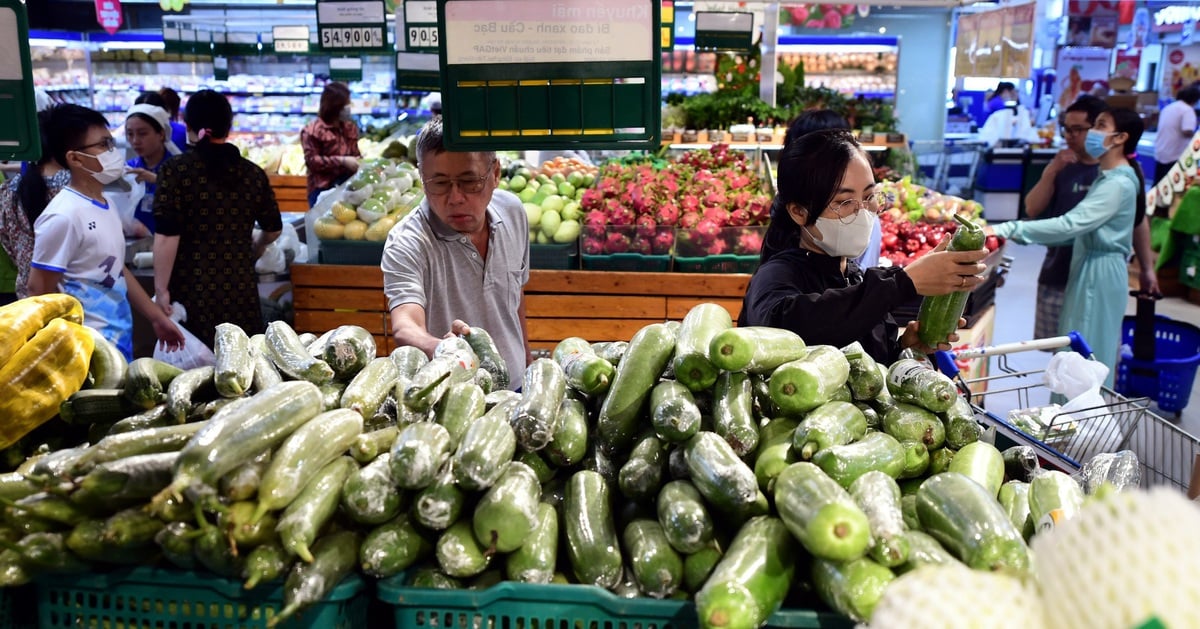

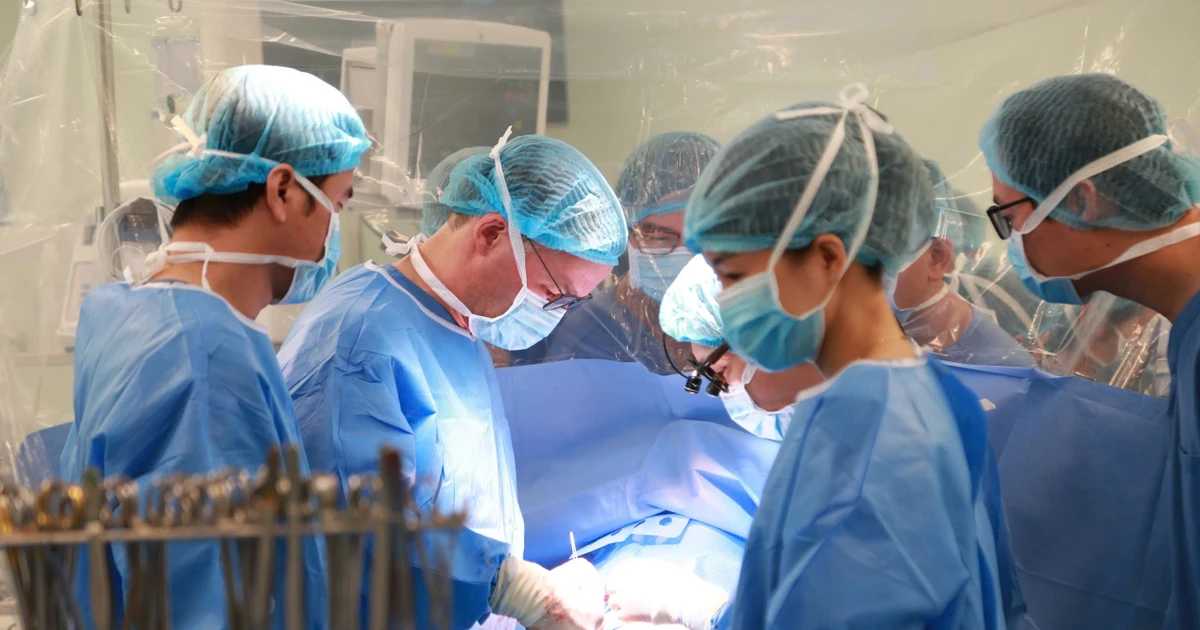














![[Photo] "Beauties" participate in the parade rehearsal at Bien Hoa airport](https://vstatic.vietnam.vn/vietnam/resource/IMAGE/2025/4/11/155502af3384431e918de0e2e585d13a)
































































Comment (0)